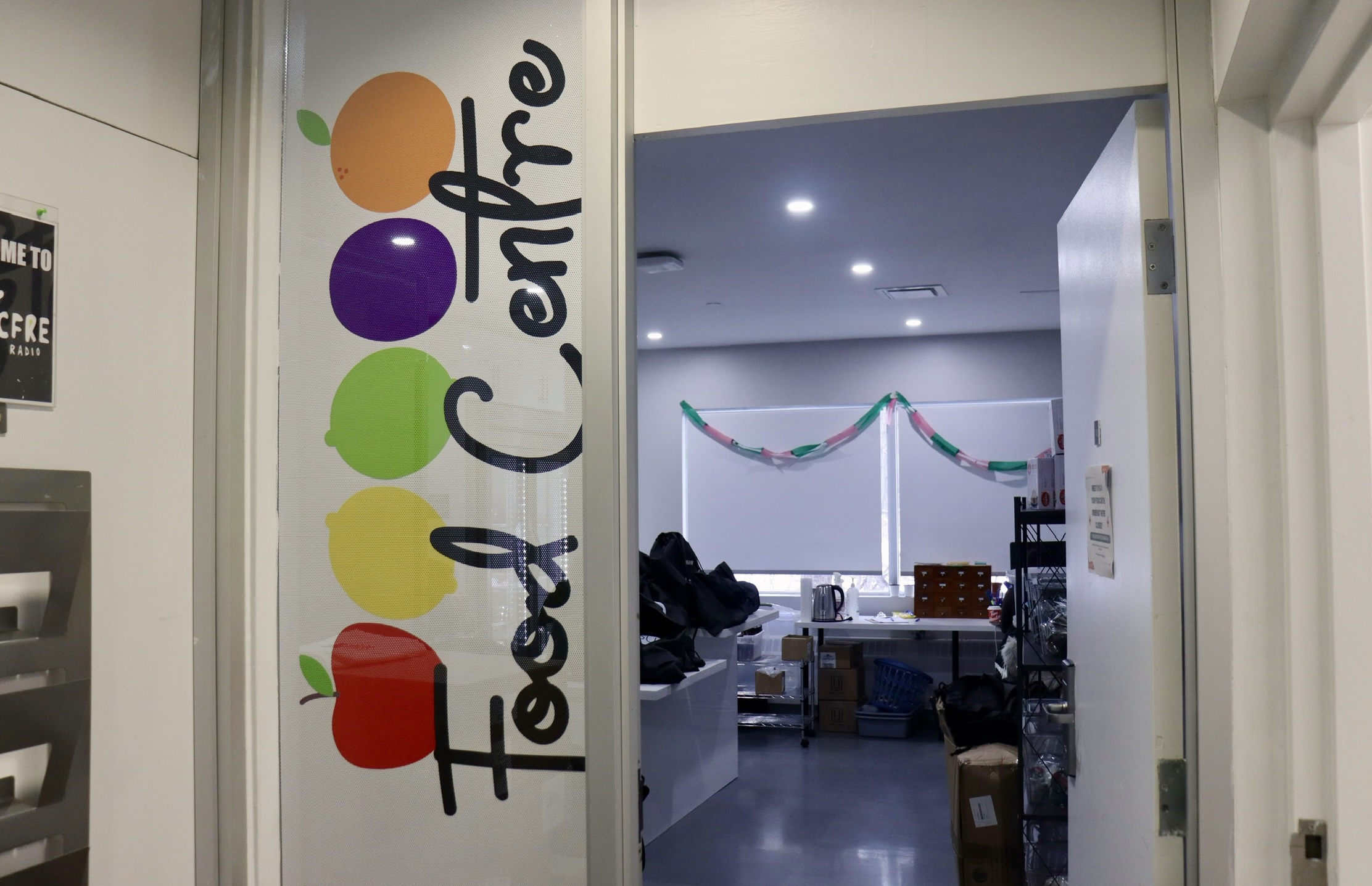Mississauga City Council passes motion to declare food insecurity an emergency
Amidst significant increases in food bank usage, The Medium spoke with the CEO of Food Banks Mississauga to understand what drove the City of Mississauga to declare food insecurity an emergency.
Through a motion passed on November 13, 2024, the Mississauga City Council officially declared food insecurity an emergency. Food insecurity has been a pressing issue in Mississauga, with food banks in the city serving one in 13 residents, a significant increase from one in 37 in 2019. For more answers, The Medium interviewed the CEO of Food Banks Mississauga, Meghan Nicholls on food insecurity in Mississauga.
In their news release, the City of Mississauga stated that many residents in the city are facing various challenges including rising living costs of housing, gas, and other essentials like hygiene products, medications, and cleaning and clothing items. Due to the lack of adequate government assistance and stable financial support, many residents are left vulnerable and unable to make ends meet.
Food drives are not enough
Nicholls explained that while Food Banks Mississauga and its sub-agencies still need donations, donations alone will not fix the problem of increasing food bank demand. Instead, Nicholls said that we must focus on the root issues if we want to reduce food insecurity. The first solution is for the province to fund food banks and food insecurity relief programs.
Currently, Food Banks Mississauga receives no funding from either the provincial or federal governments, and only one per cent of its funding comes from the Region of Peel. Nicholls stated that in comparison, all provinces except for Ontario have made investments to offset food insecurity in the past five years. This financial situation means that virtually all funding originates from donations, which, although substantial, are unreliable and unsustainable. Nicholls stated that we need a good policy to allow food banks to properly and consistently fund their operations.
Nicholls also stated that the government should seek to create conditions under which people can afford food. She noted that one way the province can do this is by increasing investment in social programs such as Ontario Works and the Ontario Disability Support Program—initiatives from which 30 per cent of Food Banks Mississauga visitors receive their incomes. Furthermore, given that individuals with full-time jobs make up around 27 per cent of visitors, Nicholls advocates for increasing the minimum wage in Ontario by C$8 to equate it with the provincial living wage.
To minimize the income-to-costs gap, Nicholls discussed investing in affordable housing and noted a report from a Hamilton food bank that stated that half of their visitors would lose their housing if they did not have the food bank to offset their food costs. She discussed the need for the government to have a hands-on approach to housing and that as a human right, housing should not be used as an investment vehicle, citing the National Housing Strategy Act.
Challenges of addressing food insecurity through emergency declarations
There are two main goals behind the emergency declaration—to increase public awareness so food banks can receive financial donations, and, in the long term, to raise the issues of high living costs and food bank funding to the provincial and federal governments. This effort involves collaborating with other cities at forums like the Federation of Canadian Municipalities of Ontario, where Mississauga City Councillors will attend to further pressure higher government. However, despite such joint-advocacy efforts, reception is limited, according to Nicholls. Nicholls said that she has been advocating for these issues for over 15 years and still, federal and provincial politicians skirt the proper response of investing in areas that will reduce food bank usage.
The future of food banks
Regarding the future, Nicholls mentioned that Food Banks Mississauga experienced an 80 per cent increase in visitors in 2024 alone and that she does not think this figure will decrease amidst an absence of government plans to address food insecurity. If its current course is followed, Food Banks Mississauga predicts that in two years, one in eight Mississauga residents will visit food banks, equivalent to 100,000 people.
Those who are looking for ways to help can donate to Food Banks Mississauga on their website. Those interested in advocacy can also sign petitions to the federal and provincial governments calling for the addressal of food insecurity and its root causes. For those unable to contribute financially, raising awareness and speaking out about the issue can still make a meaningful impact.

